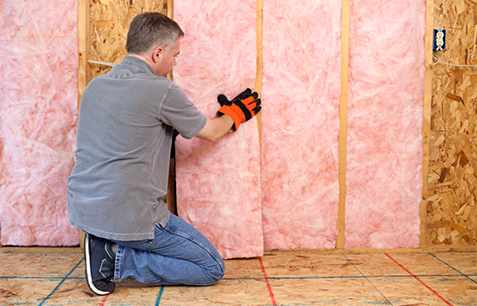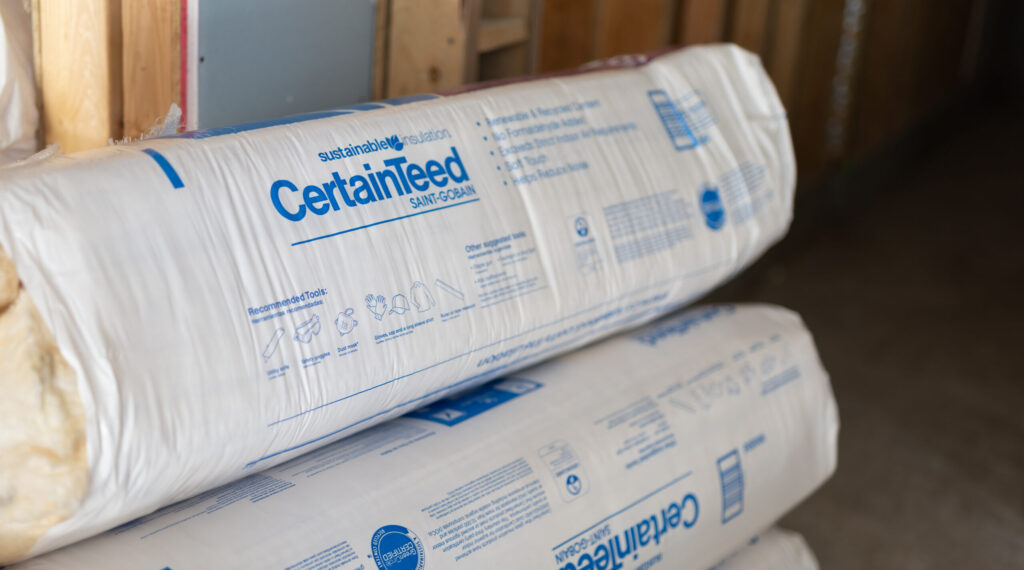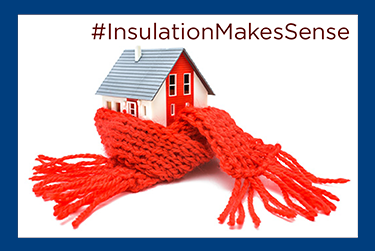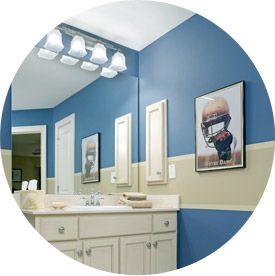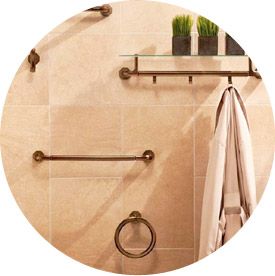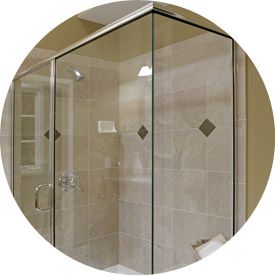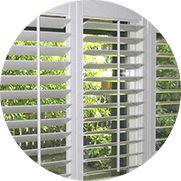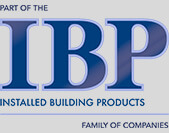Effective soundproofing can make all the difference if you’re trying to reduce the noise from a busy street, create a quiet home office or achieve high-quality acoustics in a recording studio. One of the most impactful ways to manage noise levels is through proper insulation. In this blog post, our insulation experts explain which insulation material is best for soundproofing and what you should do to soundproof your home.
How Does Insulation Reduce Noise Effectively?
Sound transmission occurs when sound waves travel through various mediums, such as air, walls, floors and ceilings, creating vibrations that carry noise from one place to another. Soundproofing aims to disrupt this transmission, reducing the noise level penetrating different surfaces.
Insulation materials are designed to absorb sound waves, reducing their ability to pass through walls, floors and ceilings. Sound absorption materials help soak up sound waves, minimizing echo and reverberation, while sound-blocking materials prevent sound from passing through barriers.
What Type of Insulation Is Best for Soundproofing?
To select the right insulation material for soundproofing, it’s important to weigh your options carefully. Here’s a look at some of the most popular insulation materials and their soundproofing qualities:
- Cellulose insulation: Made from recycled paper and treated with fire retardants, cellulose insulation offers good sound absorption qualities, is eco-friendly and effectively reduces airborne noise. However, this material settles over time and has the potential for moisture absorption, which may impact its performance.
- Blown-in insulation: Often made from fiberglass or cellulose, blown-in insulation is applied using a blowing machine and is excellent for filling gaps and voids, enhancing overall acoustic performance. It does require professional installation and may not be suitable for all types of spaces.
- Fiberglass insulation: Made from fine glass fibers and available in batts or rolls, fiberglass insulation provides good sound absorption, is widely available and is a cost-effective option. However, it can cause skin and respiratory irritation during handling and is less effective for soundproofing than other materials.
- Mineral wool insulation: Composed of natural rock or slag spun into fibers, mineral wool insulation offers excellent soundproofing properties, is fire-resistant and provides additional thermal insulation. A few drawbacks include its price point, weight and need for professional installation.
- Spray foam insulation: This expanding foam fills gaps and provides a strong seal against sound. Spray foam insulation is superior in providing an airtight seal and is highly effective at blocking sound transmission. However, It comes at a higher cost and may have potential off-gassing issues.
Factors to Consider When Choosing Insulation
Selecting the best insulation for soundproofing involves considering various factors to ensure it meets your specific needs, including:
Noise Reduction Needs
Homes, offices and studios have different acoustic requirements, so it’s important to choose insulation that aligns with each space’s specific noise reduction needs.
Type of Space
Insulation needs can vary significantly between residential, commercial and industrial spaces. For example, a recording studio needs different soundproofing than a residential bedroom.
Budget
When selecting insulation, consider both the upfront costs and the long-term benefits. While initially more expensive, some materials may offer better soundproofing and energy savings over time.
Installation
Some insulation materials are easier to install than others. While DIY options exist, professional installation might be necessary for materials like spray foam or blown-in insulation to ensure optimal performance.
Environmental Impact
Assess the suitability and environmental impact of the insulation materials. Eco-friendly options like cellulose insulation are great for those looking to reduce their environmental footprint.
Maintenance & Durability
Consider insulation’s longevity and any maintenance it might require. Durable materials that maintain their soundproofing properties over time can provide better value in the long run.
Upgrade Your Insulation With Installed Building Products Portland Today
Choosing the best soundproofing insulation can significantly improve the comfort and functionality of your space. Whether you’re looking to create a quieter home, office or studio, the right insulation can make all the difference. At Installed Building Products Portland, we offer expert advice and professional installation services to help you select the most suitable insulation for your needs.
Contact us today to upgrade your insulation and enjoy the benefits of a quieter, more comfortable environment.


